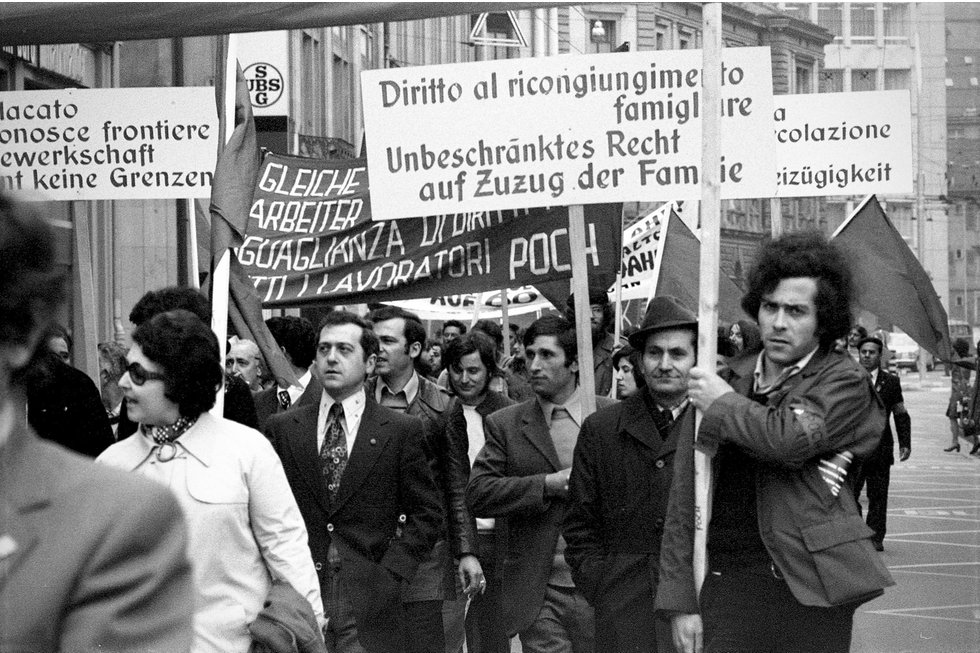J. Luyendijk has a new book in which he argues that Dutch society is dominated by people with 7 characteristics:
1. male
2. white
3. at least one highly educated parent
4. at least one parent born in NL
5. straight
6. had classics education in high school
7. university educated
1. male
2. white
3. at least one highly educated parent
4. at least one parent born in NL
5. straight
6. had classics education in high school
7. university educated

I thought I would try to see if there was a way to measure this with data: how privileged are people with these characteristics in the Netherlands? How many people are there who "tick" the 7 boxes?
This is interesting because the Netherlands presents itself, and is perceived, as an egalitarian society.
So I used the three latest rounds of the European Social Survey. europeansocialsurvey.org
There is data on ethnic background too. Checkmark 2: 92.6 % are white (say that they are not part of an ethnic minority) ✓ 

Checkmark 4: there is no data on where respondents' parents were born but data on ancestry. Here I can use whether people have Dutch ancestry on either side: 95.6% do ✓ 



In the ESS there is no data on sexual orientation or whether people attended classics teaching in high school. So I leave it aside and have maximum 5 "ticks".
Then I add these to build a variable of how many "checkmarks" people have. The mode is 3 checkmarks. Only 3.3% of the Dutch population tick all the boxes. We can call it the elite. 

Now that I have this variable, I can see how it relates to some socio-economic outcomes.
This for instance is the proportion of each "checkmark" category by income decile. You can see that people with 5 checkmarks are concentrated at the top of the income distribution: 65% of them are in the top 20% of household incomes. 

Another way to interpret this is this: compared to someone with only one "checkmarks", someone who ticks the five boxes is *ten times* more likely to be in the top 10% of incomes. 

...and are much more likely to believe that the political system allows people to have influence on politics (well you can say that it does... for people like themselves I guess) 



In terms of political preferences people with 5 checkmarks are more likely to vote for Liberal and Green parties (D66, VVD, Groenlinks), but much less for the PVV. 

There are too few FvD voters in these waves to include them. The confidence intervals are huge.
It is interesting to look at the relationship between the number of checkmarks and the propensity to vote for D66 and the social democrats. Differences across checkmarks for the PvdA are not significant, but it still looks like a mirror image. 



This thread in Dutch:
https://twitter.com/alexandreafonso/status/1491079563593469954?s=20&t=EaW9_-TBzJtvtmPLajL2qQ
• • •
Missing some Tweet in this thread? You can try to
force a refresh



























